Summaries of books about Politics & Social Sciences:
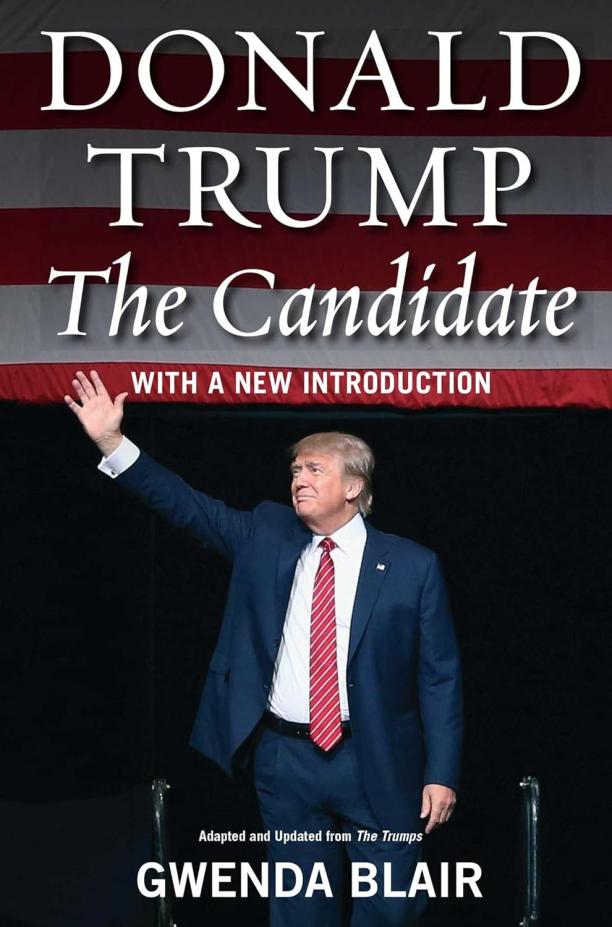
Donald Trump
The Candidate
Gwenda Blair
The book examines Donald Trump's rise in American politics, focusing on his strategies, rhetoric, and the populist appeal that propelled him to become the Republican nominee for President in 2016. It delves into his background, his approach to campaigning, and how his style disrupted traditional political norms.
See full summary
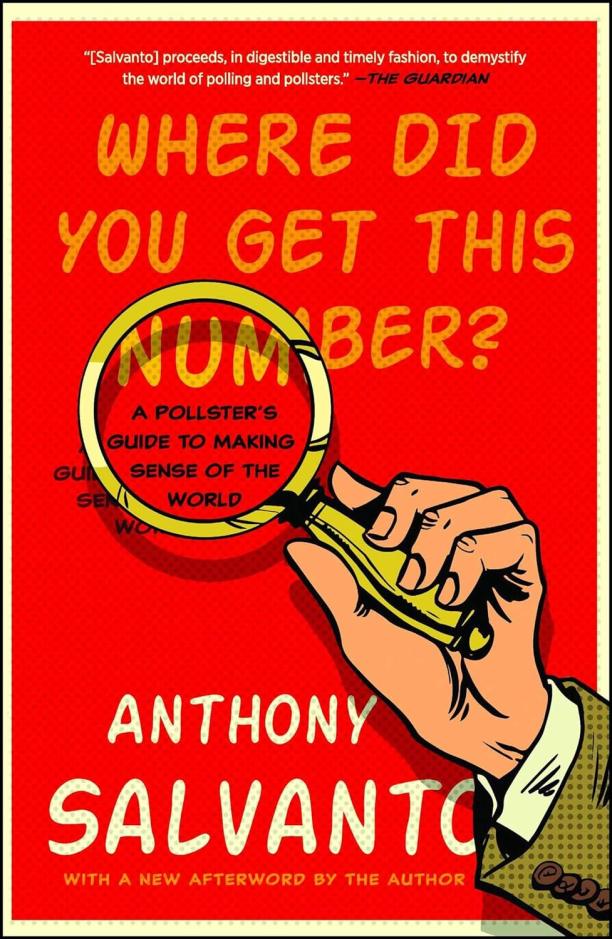
Where Did You Get This Number?
A Pollster's Guide to Making Sense of the World
Anthony Salvanto
The book provides an insider's look at the world of polling, explaining how polls are conducted, what the numbers mean, and the science behind survey methods. It also delves into the interpretation of public opinion and the role of polls in politics and media, offering readers a deeper understanding of the statistics that shape perceptions of society and elections.
See full summary

The Rise of the American Corporate Security State
Six Reasons to Be Afraid
Beatrice Edwards
The book examines the increasing power and influence of corporations on American democracy and individual privacy, highlighting the erosion of civil liberties in the post-9/11 era. It presents six reasons why this trend is alarming, including the expansion of government surveillance and the collusion between government and big business to protect corporate interests at the expense of citizens' rights.
See full summary
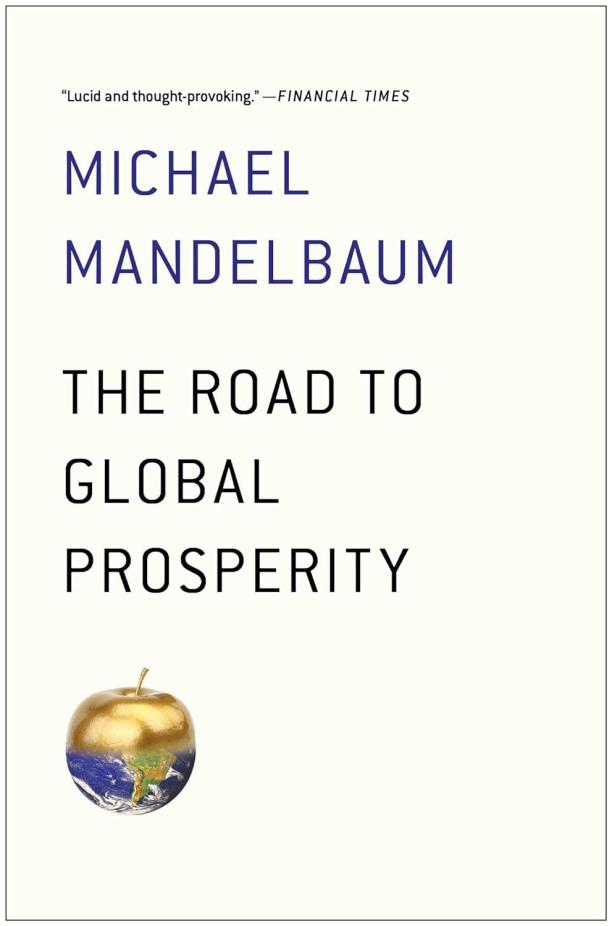
The Road to Global Prosperity
Michael Mandelbaum
The book analyzes the forces driving economic globalization, including technology, politics, and economics, and assesses the challenges and opportunities it presents for nations worldwide. It explores the potential for continued economic integration and the role of international institutions in fostering global prosperity amidst geopolitical tensions and financial crises.
See full summary
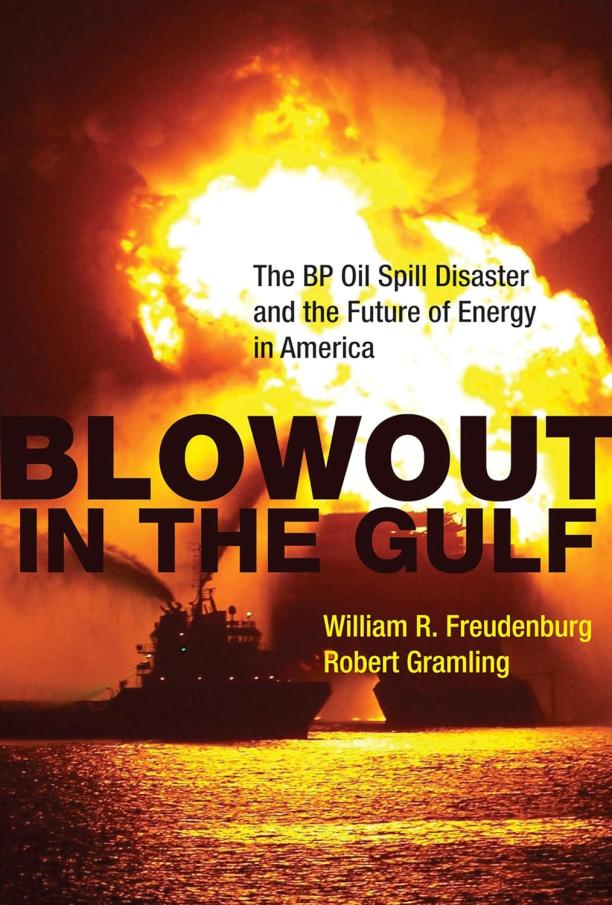
Blowout in the Gulf
The BP Oil Spill Disaster and the Future of Energy in America
William R. Freudenburg|Robert Gramling
The book examines the causes and consequences of the 2010 Deepwater Horizon oil spill in the Gulf of Mexico, analyzing the environmental, political, and economic impacts of the disaster. It also discusses the role of the oil industry in American energy policy and the implications for future energy sustainability and safety.
See full summary
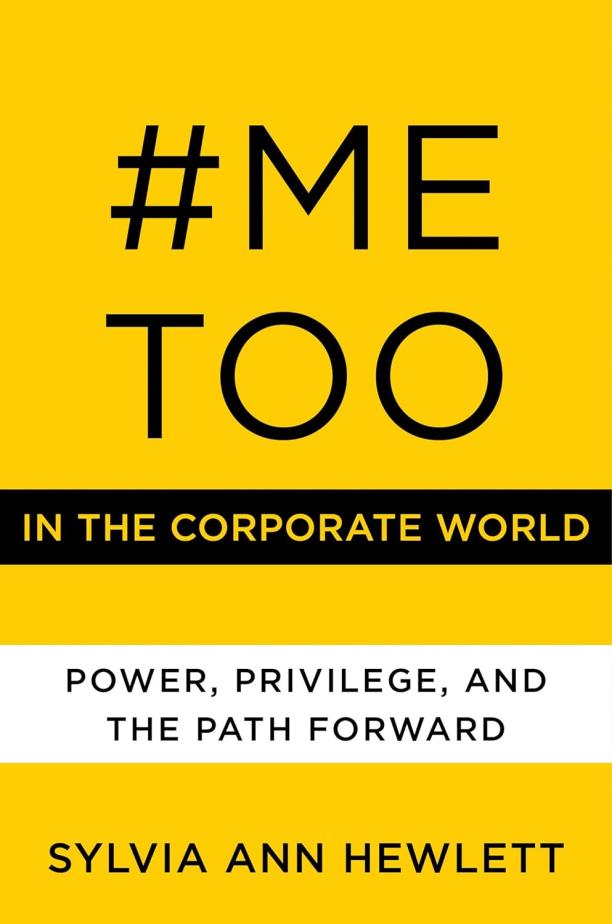
#MeToo in the Corporate World
Power, Privilege, and the Path Forward
Sylvia Ann Hewlett
The book examines the impact of the #MeToo movement on the corporate sector, highlighting the prevalence of sexual harassment and power imbalances in the workplace. It offers insights and strategies for organizations to foster more inclusive and respectful environments, while empowering victims and holding perpetrators accountable.
See full summary

Yemen Endures
Civil War, Saudi Adventurism and the Future of Arabia
Ginny Hill
The book provides an in-depth analysis of Yemen's complex civil war, exploring the local, regional, and international dynamics that have shaped the conflict. It examines the role of Saudi Arabia's military intervention, the impact on Yemeni society, and the broader implications for the Arabian Peninsula's future stability.
See full summary
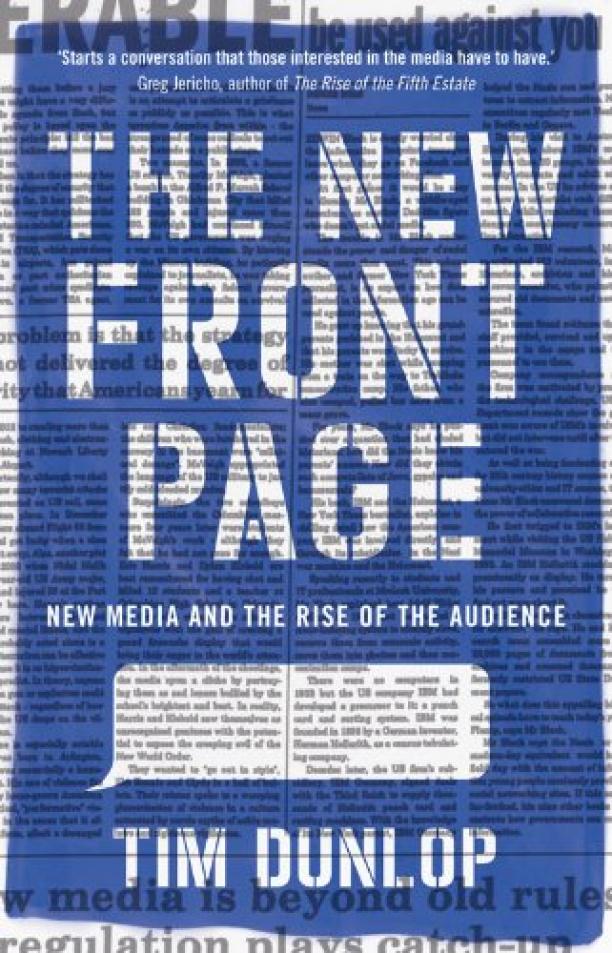
The New Front Page
New Media and the Rise of the Audience
Tim Dunlop
The book explores the transformation of journalism in the digital age, highlighting the shift from traditional media to new platforms where the audience plays a more active role in content creation and dissemination. It discusses the implications of this change for the relationship between news producers and consumers, and the impact on the democratic process and public discourse.
See full summary

The New Brazil
Riordan Roett
The book provides an analysis of Brazil's economic, political, and social transformation from a country burdened by inflation and debt into a significant player on the global stage. It examines the policies and reforms that have led to its newfound stability and challenges that the country faces in sustaining its growth and development.
See full summary
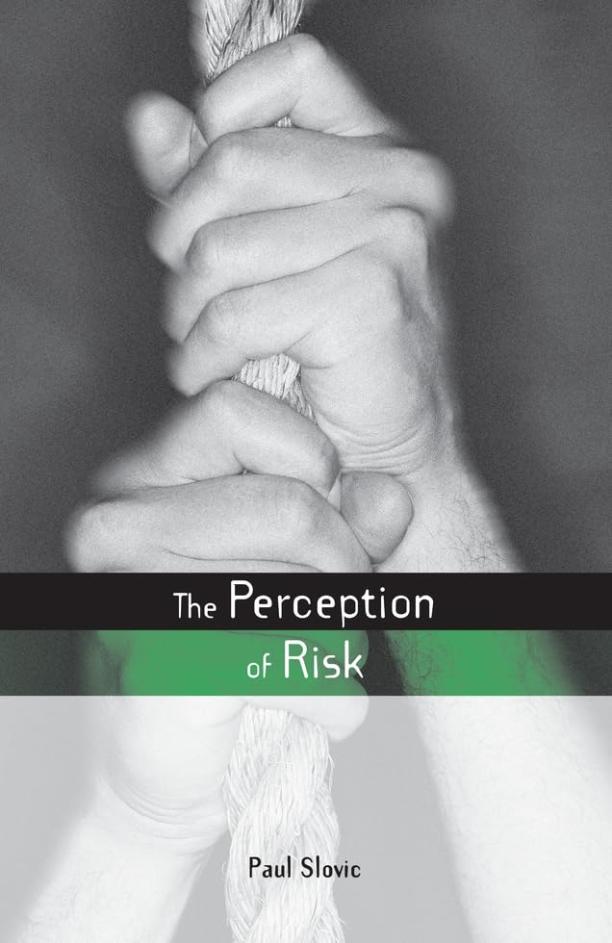
The Perception of Risk
Paul Slovic
The book explores the psychological factors that influence how people perceive and respond to various risks, examining the disparities between expert assessments and public understanding. It delves into the implications of these perceptions for health, safety, and environmental policy, highlighting the importance of effective communication and trust in managing societal risks.
See full summary